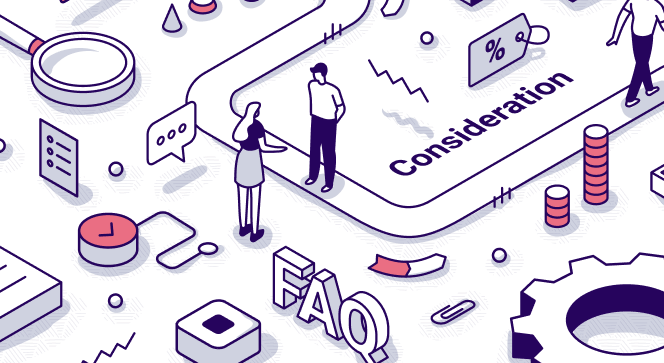The Good
You are not sharing with anyone
This is a common myth of Shared Ownership. As the name somewhat confusingly alludes to this is a shared property, however what is shared about it is the ownership, not the occupation.
A Housing Association will build or buy this home once it’s built and sell you a share in it, typically 25% to 50%. You will pay rent on the portion you do not own to the Housing Association until you own 100% of it. However, no one else lives in the property apart form you.
The rent is below market value
For those of you who are more well versed in landlord jargon, you may have heard of “rental yield”. This is a percentage amount that tells a landlord how much rent they are getting each year based on the property value. If the rental yield is 3% for example, that means that each year, the total rent equates to 3% of the property value.
Rental yield varies by location in the UK, with London properties typically yielding around 3.5-4% a year, whereas some other areas further from the capital might fetch you up to 8% yield. It might seem a lot, but given property prices are much lower, the overall monthly cost is still lower.
In Shared Ownership, the rental yield is capped at 2.75% by regulators, meaning that the rent is below what you would pay for the same property if you were to rent it from a private landlord.
You don’t have to pay Stamp Duty on every transaction
When you buy a property outright you have to pay SDLT or Stamp Duty Land tax on it. The amount you pay depends on the property value and whether or not you are a first time buyer. In Shared Ownership, you don’t buy 100% of the property upfront, so it would be unfair to charge you SDLT on 100% of the property value.
Typically you pay STLD proportional to the amount you purchase, so if your initial share is 25%, you pay 25% of the total STLD for that property. Over time however you can purchase more shares in your property, a process called staircasing. You can find out more here.
When you buy more shares in the property you can elect not to pay stamp duty until you cross the 80% ownership threshold, meaning you could save yourself some money.
The Bad
You can’t sublet your spare room
When you buy a property outright you can do what you want with it. You can sublet your spare room and get that tenant to pay off some or all of your mortgage. In Shared Ownership you cannot do that most of the time, as the property is not fully owned by you. This is because the Housing Association doesn’t want to take the risk that anything might go wrong with your tenant that could affect the value of their share. Sometimes you might be able to have a lodger.
One thing that you can be certain about is that, if you plan on making some extra money from renting the second bedroom, that will not be taken into account in your affordability assessment that a lender or Housing Association will do to make sure you can afford the property.
You may never be able to staircase
Typically people move into their Shared Ownership properties with a part-cash part-mortgage deal. It is common for mortgages to be fixed for the first five years, after which you can remortgage. When it comes to staircasing, or purchasing further shares in your property, you will find that the majority of tenants will need to increase the mortgage to afford a larger share. As a result there are many people who staircase after their fixed rate expires at the five-year mark.
However, be warned that the only way you can afford to increase your mortgage is when your household income rises. This means that: either you have a partner who gets added to the mortgage or your salary has gone up.
One factor that is often overlooked is that property prices also tend to rise over time, so if your salary has increased at a slower pace than property prices have risen you may be able to increase your mortgage, but you will struggle to get to 100% ownership.
Staircasing can be expensive and slow
Staircasing is a property transaction, and as such it typically involves lenders and solicitors. Whenever lawyers or banks are involved you know you can expect paperwork and processes which require time and money.
To add to it, when you staircase you need to source your own independent RICS valuation and Housing Association also often charge admin fees for their time. Typically it costs around £2,000 to staircase and it takes around 2-3 months. So make sure you factor that in! Here is a full breakdown of the costs.
At Stairpay we automate some of the processes involved in staircasing, meaning we can make it happen quicker. We also try to negotiate you the best deals in advance with our partners so we could save you some time and money.


